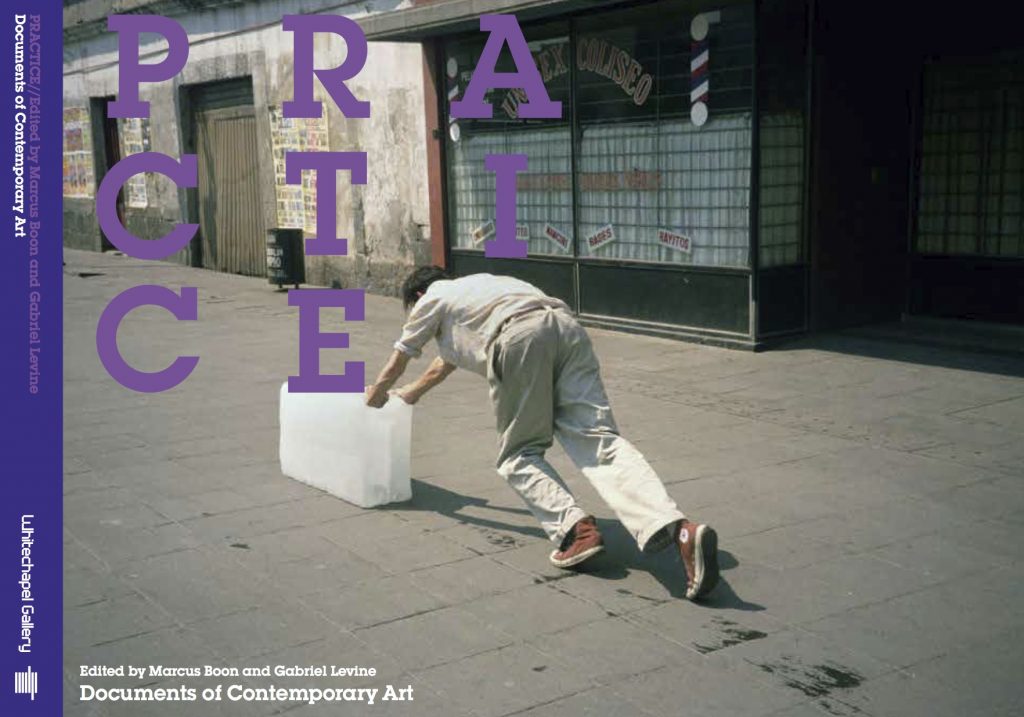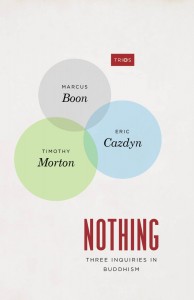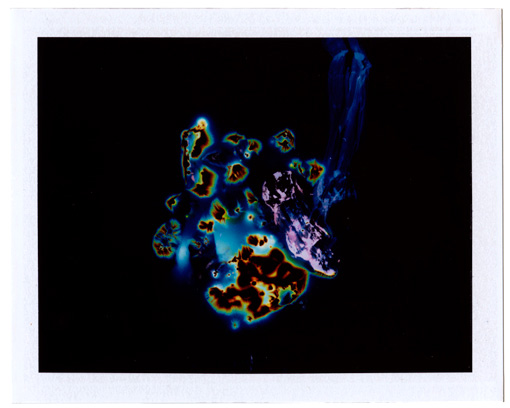The book on practice that Gabriel Levine and I edited has now been published by MIT Press/Whitechapel Gallery of Art. We think it looks good — a photograph of Francis Alÿs from his famous “Paradox of Praxis” series is on the cover.
We’ll be launching the book at the Whitechapel Gallery of Art in London on April 26, in a conversation with visual artist Kader Attia (whose amazing work on repair is featured at the end of the book) and philosopher Nina Power. There will also be a Berlin launch on April 28 at Hopscotch Books, and a Toronto launch on May 31 at the University of Toronto Art Center, featuring a panel that includes artists Sameer Farooq, Rea McNamara, Su-Feh Lee and Diane Borsato.
MIT has a good description of the book. You can view the table of contents here. And listen to an hour long conversation about practice that we had with Erik Davis on his excellent Expanding Mind radio show. Our goal was to open up new ways of thinking about practice and its relationship to art, and even to ask the question whether we were moving into a world where practice is becoming autonomous from art. We received some sublime responses to the book:
“Boon and Levine have assembled an engaging collection of short essays, manifestos, interviews, impressions and expressions, which together explore the rich density of “practice”. It is about art, and will fascinate anyone who experiences politics, philosophy and everyday life as forms of artistry — as artistic “practices” that repeat, hustle, experiment with, fly free from, and play with established subjectivities, cruelties, virtues. A bracing and marvellous book.” Jane Bennett, Professor of Political Science, Johns Hopkins University
“To move from competency to fluency to freedom takes some practice, but just what that entails — as this volume makes clear — is more than technique. Personal desires comingle with social questions, to that whether working solo or in coalitions of the like-minded, having a practice is always a dynamic process of situating oneself in the world. And as writers from across a wide spectrum offer here, when embodied consciousness and impassioned commitment take hold, practice as a way of working becomes a way of being. Mary Jane Jacob, Director, Institute of Curatorial Research and Practice, the School of the Art Institute of Chicago
“Political, philosophical, poetic, aesthetic and critical, Practice will be of great use to anyone working with and thinking about this most dominant (but obscure) of terms. The texts collected here are fresh and provocative. From magic to high art theory, structuralism to anarchism, Boon and Levine have collected the most vital words on the “practical turn” in art, and many other ways of thinking about practice besides.” Nina Power, Senior Lecturer in Philosophy, University of Roehampton




